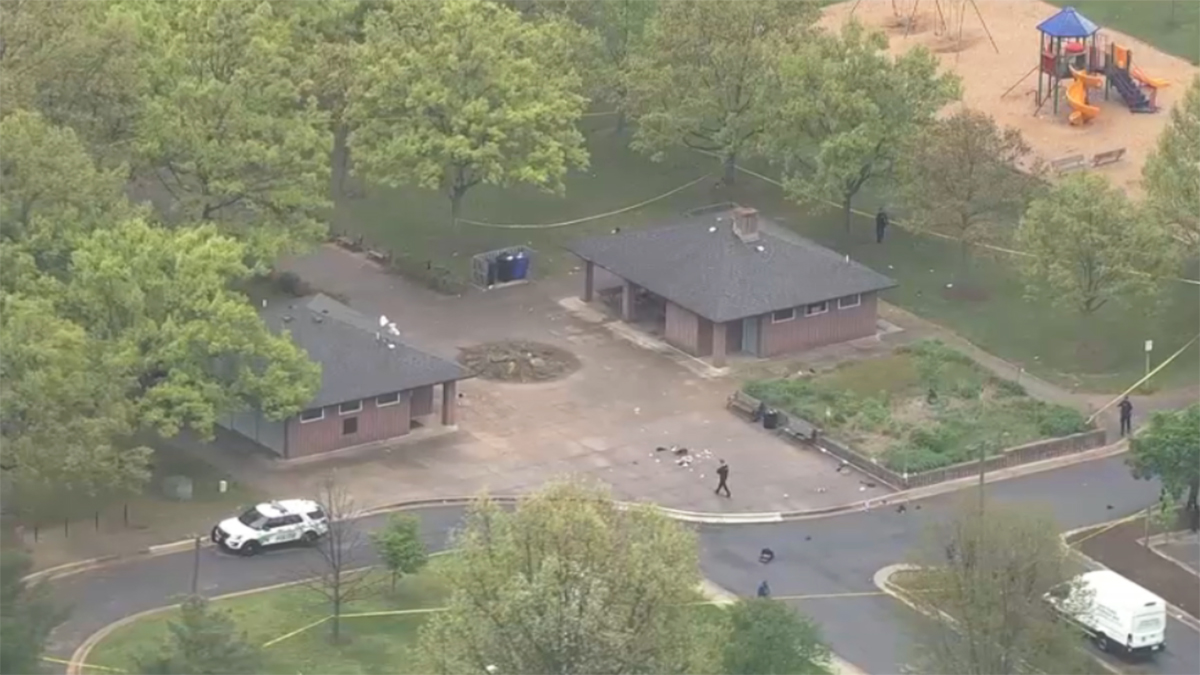The Maryland Catholic Conference -- the legislative lobbying arm of the state's bishops -- has urged for parishioner support of the Maryland DREAM Act amid a petition-drive to suspend the newly minted law and force it to a state-wide referendum.
The MCC on Thursday announced the creation of an Interdiocesan Immigration Task Force meant to gather support for the DREAM Act among Maryland parishioners. On Friday, it became clear that the bill will likely be put on the 2012 ballot for referendem.
MCC Communications Director Kathy Dempsey, MCC said in an interview with The Catholic Review earlier this week that the new organization was looking beyond the June 30 deadline “in anticipation of the referendum for next year."
“We want to engage parishioners and Catholics on this issue over the next 16 months,” she said.
The Maryland DREAM Act is different from its federal namesake. The federal version of the bill would carve out a pathway to legal residency; the state version of the bill offers in-state tuition breaks to college or military bound illegal immigrants who who graduate from state high schools, provide tax returns going back five years, complete two years of study in a community college and, for men, register for the draft.
At the University of Maryland last year, in-state tuition stood at $8,415 compared with $24,830 for out-of-state students.
Opponents of the Maryland bill -- which was to take effect Friday -- flooded the Maryland secretary of state's office in Annapolis with petitions boasting more than 74,000 signatures -- more than 55,000 than needed -- on Thursday night before the midnight deadline.
Local
Washington, D.C., Maryland and Virginia local news, events and information
The MCC in recent months has urged Maryland Catholics not to sign the referendum petition and leaders of the Archdiocesan Immigration Coalition asked those who had signed the petition to request to have their names removed.
“The Church does not condone breaking the law, and fully recognizes the legitimate concerns our state and country face regarding illegal immigration" said Conference Executive Director Mary Ellen Russell in a release. "These problems cannot be solved, however, by harshly denying the needs of those who live and work among us here and now. And especially, in the case of the DREAM Act, legitimate concerns over illegal immigration cannot be solved by denying the needs of children."
“As we consider the young people who will be helped by this new law, we remember that many did not come to America on their own. They were children following their parents or aunts and uncles. As children, we would have done just the same."



